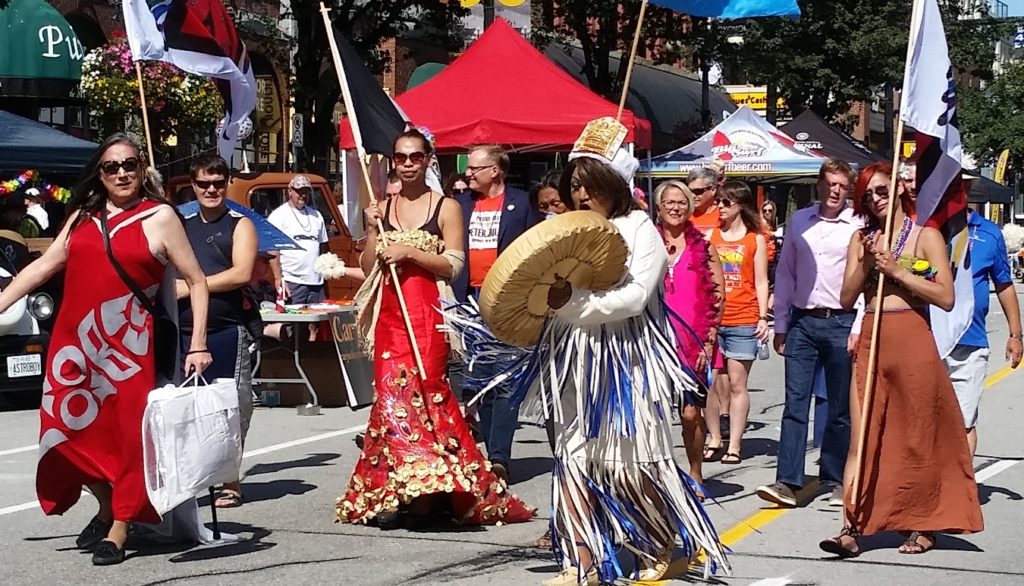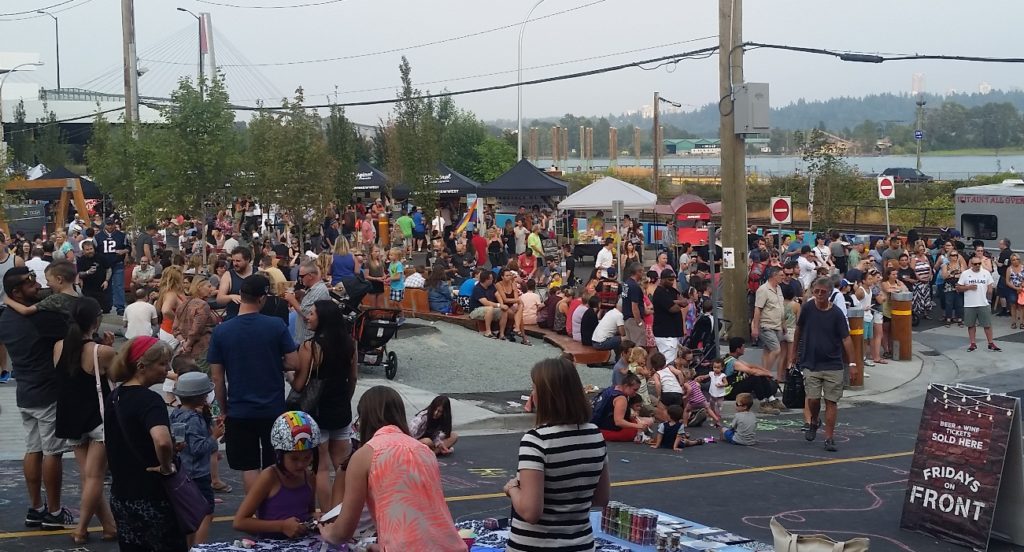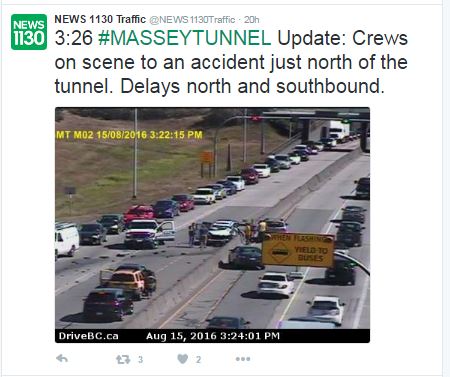This shouldn’t fill me with rage. I think the intent was to do the opposite; to provide me a guide to supplant anger and frustration with quiet acceptance. A serenity prayer to bring calm to the unrelenting intensity of our times. Instead, I found myself yelling at the radio on a Sunday Morning:
“You entitled asshole! How dare you tell everyone calm down!”
No surprise, the essayist in question is a white septuagenarian upper middle class Canadian male idling away his dotage by providing accumulated wisdom via the established media. Perhaps the messenger was the message.
For his regular Sunday morning essay, Canada’s kind leather-elbow-patched uncle Michael Enright decided to remark on a sense of despair or foreboding expressed by his fellow white-coiffed legacy journalist Gary Mason. In it, Mason remarked on the many aspects of our current troubled times, and invoked an interest in just getting away from it all. To which Enright prescribed a healthy dose of calming baroque music.
Which brought this to mind for me:
As Mason pointed out, this is a terrible time for many parts of the industrial world, and Canada is surrounded by storm clouds. This appears to be the decade where all the bad cheques written by 30 years of NeoLiberalism get cashed. Climate tipping pints are passing like telephone poles on a desert highway, stagnation of wages and erosion of social supports are run up against a cost of living inflated by speculative money trading and wealth measured by the ability to avoid taxation. For the first time we can be sure this generation will have less than the previous, and the next will be left to pick the scraps. Instead of lifting leaders willing to address the causes of inequity and despair, the exploited and disenfranchised are turning to despotic strongmen driving wedges to split apart the fibres of our society. To quote Mason’s article “We are living in times as dangerous and unpredictable as there’s been in 80 years.”
This is no more apparent than in media, the industry these two men inhabit. Hedge fund managers own every newspaper of note in Canada, a small collection of very rich and politically-connected individuals own every other traditional media channel, and use them to shamelessly shape political opinion. The President of the United States openly calls for the destruction of media organizations that counter the narrative presented by his defacto propaganda channel. In Canada, the second party in the House is increasingly being managed by alt-right propagandists and white nationalists who were apparently too radical for Rebel Media. Meanwhile, the emergent new media streams are being dominated by algorithms designed by the security apparata of hostile nations to bend our minds into false narratives and shape our political views at a scale that would have terrified Orwell.
That is the landscape that one of our dead-tree media stalwarts caught a momentary glimpse of, and suggested he felt the need to escape. To which Enright, in all of the comfort and security of resources drawn from the savings account of future generations, replied: just listen to Beethoven. It’ll all be fine. “The best medicine for what ails Mr. Mason and the rest of us is music”.
In an effort to avoid the long stream of profanity I feel, and to speak in the generational parlance of Mr Enright: Bollocks!
The only Sabbath Mason needs now is a Black one. If music is to be applied to this malaise, let it be loud, aggressive, and filled with calls to action. The Clash, Rage Against the Machine, Anti-Flag, anyone who has taken seriously the hard work of yelling at fascists. Now is not the time for journalists to chill to a Bach cantata, it I time for the Fourth Estate to stand the hell up and start shouting about the chaos they are seeing.
If the likes of Enright and Mason are as seriously concerned about the fate of their children and egalitarian society as they claim, I don’t understand how solemnly lamenting their fate while enjoying a little Puccini is seen as a valid response. These gentlemen have been granted (earned?) three hours of national radio every week / ample column inches in an ever-shrinking media landscape. I humbly suggest they get past their woe-is-me head-under the pillow bullshit and start doing their job.
The media already has enough old men yelling at clouds for being a lesser shade of white than in their halcyon youth, dispatching their “I got mine” wisdom nuggets from their comfortable porches on the Sunshine Coast or “cattle ranches called the Schively” (dear Christ, did Enright actually say that!?). These are not the realities of young people in Vancouver or Toronto struggling with stagnant wages and housing crises and collapsing hopes, of First Nations across the country still waiting for the promise of some sort of reconciliation for their inter-generational sabotage, of a globe of youth facing terrifying implications of global climate shifts and concomitant migrations spawning a new rise of wall-builders (metaphorical and literal) and sabre-rattlers and possessors of ICBMs that can deliver hypersonic glide vehicles to any point on the planet as easily as their software that can deliver hundreds of thousands of duped votes to ballot boxes in the same far-off places.
Far from the luxury of seeking Bechet as an escape from the bedlam of a society stacked against them, there is a generation in this country, and across the industrialized world, who are feeling right now the doom of this bedlam, and cannot even dream of a dotage of relaxed musical contemplation. And it is you, Mr. Enright, and your industry that is, right now, the first up against the wall, being torn apart by a new wave of fascist demagogues from Moscow to Manila to Beijing to Washington, as dictators have always taken apart the free press at the beginning of their destructive rule. If you need contemplation in this time of chaos, be it in contemplating whether you are willing to take up the fight now to protect the things that made your life so comfortable?
Escaping from it all is a luxury that serves to demonstrate the privilege too many in your generation (and in your industry!) don’t even recognize as existing. Taking that luxury at this time may be the final (but not greatest) insult you generation imposes on your children.
Damn, I need a coffee.
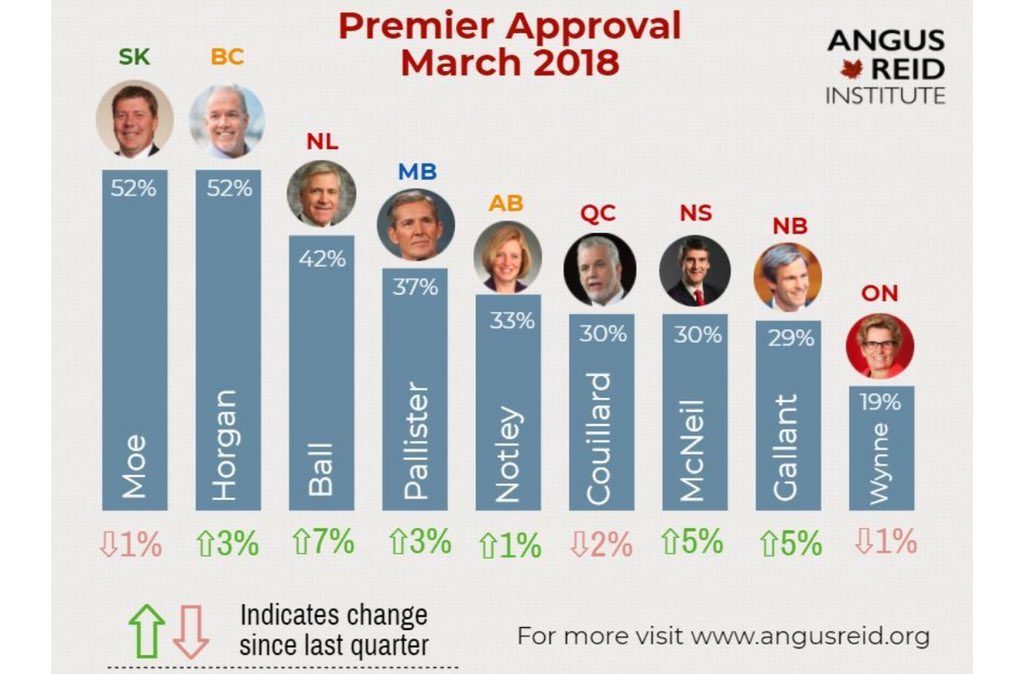
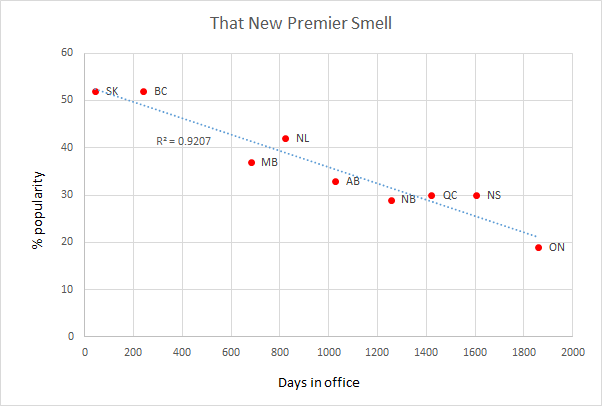


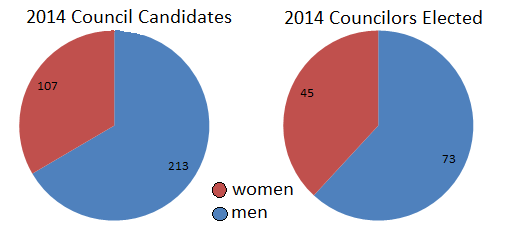 For Council, 33% of candidates were women, and 38% of those elected were women.
For Council, 33% of candidates were women, and 38% of those elected were women.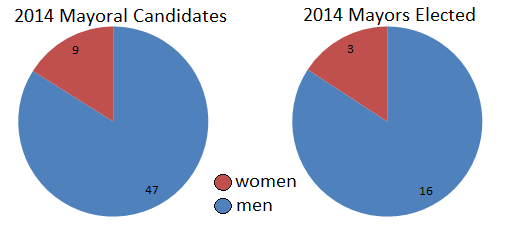 For Mayor, 16% of candidates were women, and 16% of the winners were women. Perhaps more tellingly, there was a woman on the mayoral ballot in only 7 of 19 communities (three were elected).
For Mayor, 16% of candidates were women, and 16% of the winners were women. Perhaps more tellingly, there was a woman on the mayoral ballot in only 7 of 19 communities (three were elected).